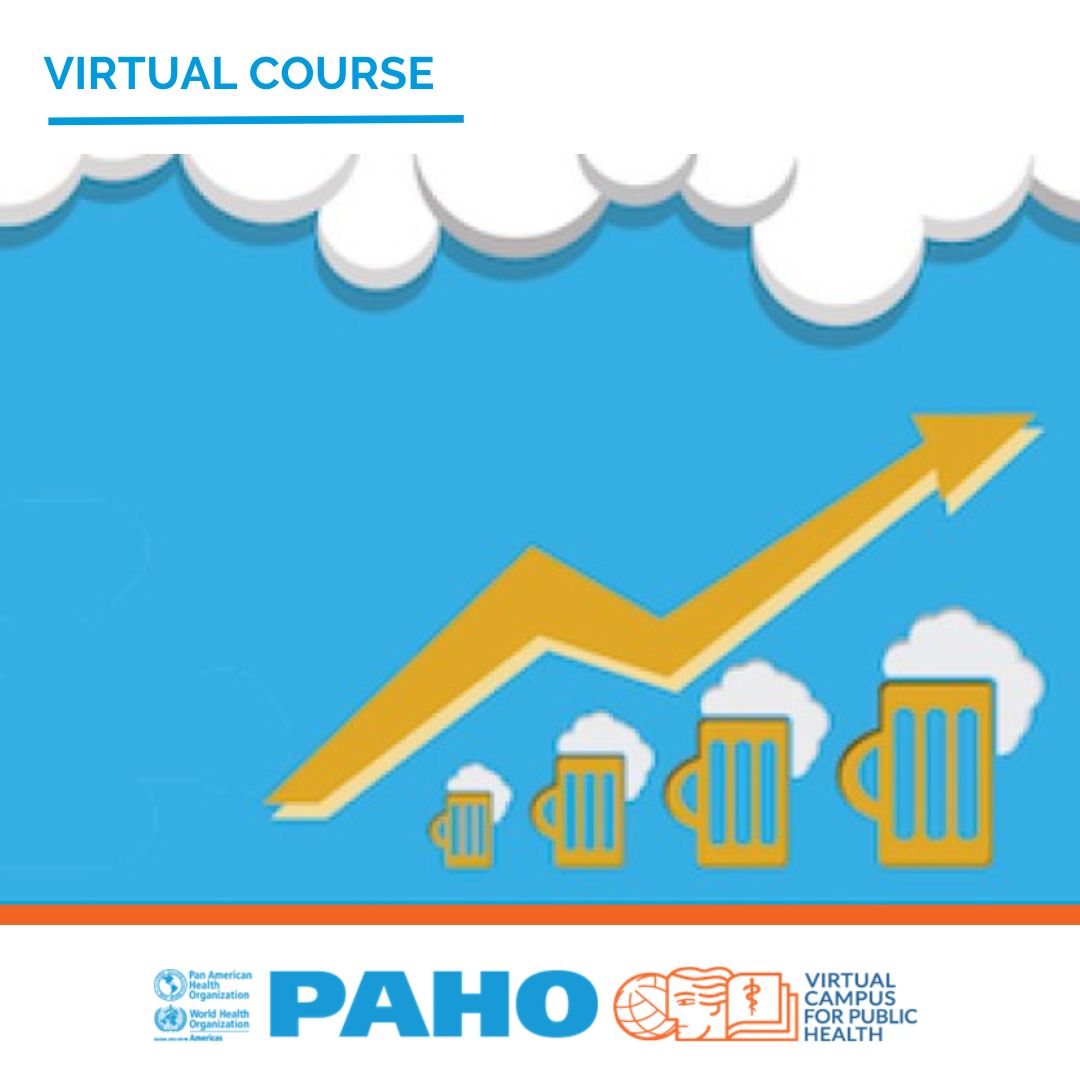
Introduction
The annual per capita consumption of alcohol (APC) is the most accurate and reliable indicator used for monitoring trends in alcohol consumption, harms and policy implementation at national and subnational levels. It is one of the indicators of the SDG 2030 agenda (3.5.2). Despite the existence of data at country level to calculate this indicator, most countries do not know how to obtain the data and calculate the indicator so they can use for public health surveillance in the alcohol field.
Purpose
This course provides detailed information on the data sources needed to calculate this indicator annually, how to calculate it based on tool developed by the PAHO/WHO Collaborating Center in Toronto (Center for Addiction and Mental Health) and used by WHO for its global reports on alcohol and health.
Learning Outcomes
- Become familiar with the data sources required to calculate APC
- Become familiar with the APC tool to calculate the indicator
- Understand the need and value of the APC
- Be able to collate national data and use the tool to report on SDG target indicator
3.5.2 and use the annual APC for alcohol policy monitoring
Participants profile
Anyone interested in the subject. Public health professionals, researchers, students, statisticians, and epidemiologists working with alcohol related information.
Duration
10 hours
Methodology
This course has a self-management methodology, you can do it at your own pace. The exercises are self-reflection and will serve to self-regulate your own learning and identify those elements or units that you should review again.The course consists of audio presentations, two examples based on national data and automated quizzes in order to apply the acquired learning.
Course Structure
| Module 1: Introduction |
|
| Module 2: Adult percapita consumption |
|
|
|
| Module 3: The APC tool |
|
| Module 4: Using the APC tool |
|
| Module 5: Examples from countries in the Americas |
|